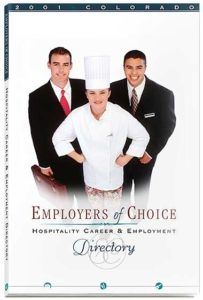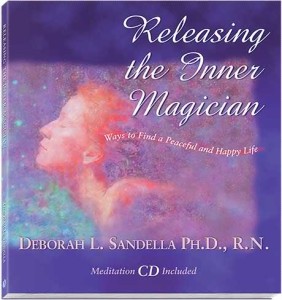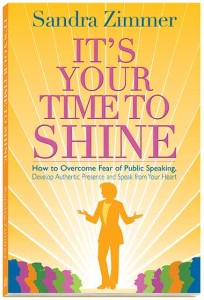
2016 Update: Much has changed in the publishing world. While much of the information in this post is still relevant, self-publishing has only grown in its popularity and the breadth of options. As a result, there are many more examples of self-published books that are as good quality–or even higher quality–than their traditionally published counterparts.
As traditional publishers try to lower their costs, you may find that self publishing creates a higher quality product. All this means that there is less and less bias towards self published books, as long as they are high quality in their writing, design, editing–everything down to the quality of the paper (hint: don’t use newsprint). With that said, here is the post in its original form below:
On the phone with a new client the other day, I waffled back and forth in my mind. On the one hand, his book has the potential for a bestseller: His groundbreaking information affects a huge number of people. If he can build a big enough platform, I can envision a major publisher picking it up.
On the other hand, he wants to have the book soon to help develop a new program–and sell it. He’d like to get national publicity for the book and the program.
Once upon a time, it made a huge difference that a book be traditionally published–particularly to get booked on national TV. How much had it changed? If he could produce a book that had a traditionally published look (great design, traditional margins and layout, quality binding, etc.), could he self publish and still get publicity at a national level with relative ease?
I e-mailed my friend and colleague Rusty Shelton, at Shelton Interactive. A veteran book publicist who’d overseen campaigns for at least 20 bestsellers–and who is conversant in “new media”–I knew Rusty would have the answer.
Rusty answered my question and more. Here’s his response:
Rusty: “On the media side of things, the stigma is certainly not completely gone. Most prominent print book review sections still won’t review self-published books (blog reviews are a possibility).
“For traditional coverage, self-published authors must think beyond book reviews to those media members that care more about the story and less about who published the book. While national TV and radio outlets can still be harder to book for self-published authors, the stigma isn’t what it used to be.
“It really comes down to credentials and the uniqueness of the message–you must be able to help the media tell a good story and if so, your book is really along for the ride–whether it’s self- or traditionally published.”
He also weighed in on other aspects of the traditional vs. self-published debate:
“I was recently at the 800-CEO-READ Author Pow Wow and the benefits of self- vs. traditional publishing were one of the items that came up. It’s clear to most in the industry that, while self-publishing doesn’t have near the stigma it used to, it really all comes down to quality.
“If you are going to self-publish your book–it can’t in any way look self-published if you want to garner media attention. In addition, if you have any desire to sell more than a few hundred copies, you need distribution and, more likely, your own platform with speaking gigs and other opportunities to sell books directly.
“When considering self-publishing, I always advise authors to ask themselves how many copies they are confident they can sell based on their own efforts (direct sales) and consider that number to be the only thing within their control.
“The risk is the difference between sales income from the number of books sold and the overall expense (which includes design, publicity, other promotion, etc.). The good news is that the risk can be offset if the book provides other benefits to the author beyond book sales. Those benefits may include acting as a marketing tool for a business or to increase speaking engagements. ”
Back to me…
So, there you have it. If you have solid avenues to sell your books, like speaking engagements or a powerful web presence, self-publishing can be a viable option. If not, you may want to work on that author platform so you can attract a major publisher.
I always tell aspiring authors, the decision also depends on your goals. If you’re using the book primarily as a business tool to get high profile speaking engagements and attract ideal clients or customers, a high quality self-published book should fit the bill.
If you do self publish, get a designer who knows their stuff. Look at other books they’ve designed and make sure it looks like a traditionally published book (look at a page of text and you can usually tell right away). Hire a professional editor and proofreader, as well, so your book reflects the high quality image you need to convey.
And ask the printer for sample copies–make sure the bindings don’t fall apart or the paper quality is an issue. All these little details will make a difference in how your book is perceived.
If you’ve self-published recently, I’d love to hear your experience. And please, everyone, feel free to ask more questions of me or Rusty on this subject.








